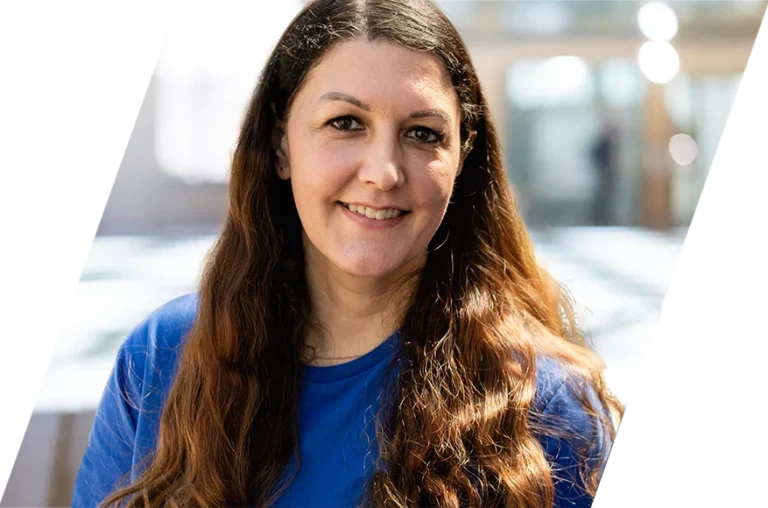Angelika:
Consultation, training & project coaching
Calling vegans the driving force behind animal welfare, health, climate and environmental protection is often payed down by critics as a bland trend: veganism. It polarises – and is nonetheless a buzzword in nearly all fields. While 10 years ago requests for a vegan car interior where inconceivable, it appears logical these days to use the keyword ‘vegan’ or ‘plant based’ in all areas of life. Whether cheese alternatives, motorcycle gloves or financial investments: supply and demand are growing rapidly.
This development thrills me personally, because my drive to support vegan and sustainable concepts strategically arises from my own life: motivated by ethical, ecological and health arguments I decided to adapt a vegan lifestyle in 2013. The three main success factors at the centre of my attention: innovative strategies, that offer a targeted alignment of all measures; thrilling ideas, that enthuse target groups; and the drive to support our clients in the best possible way.
![]()
![]()



